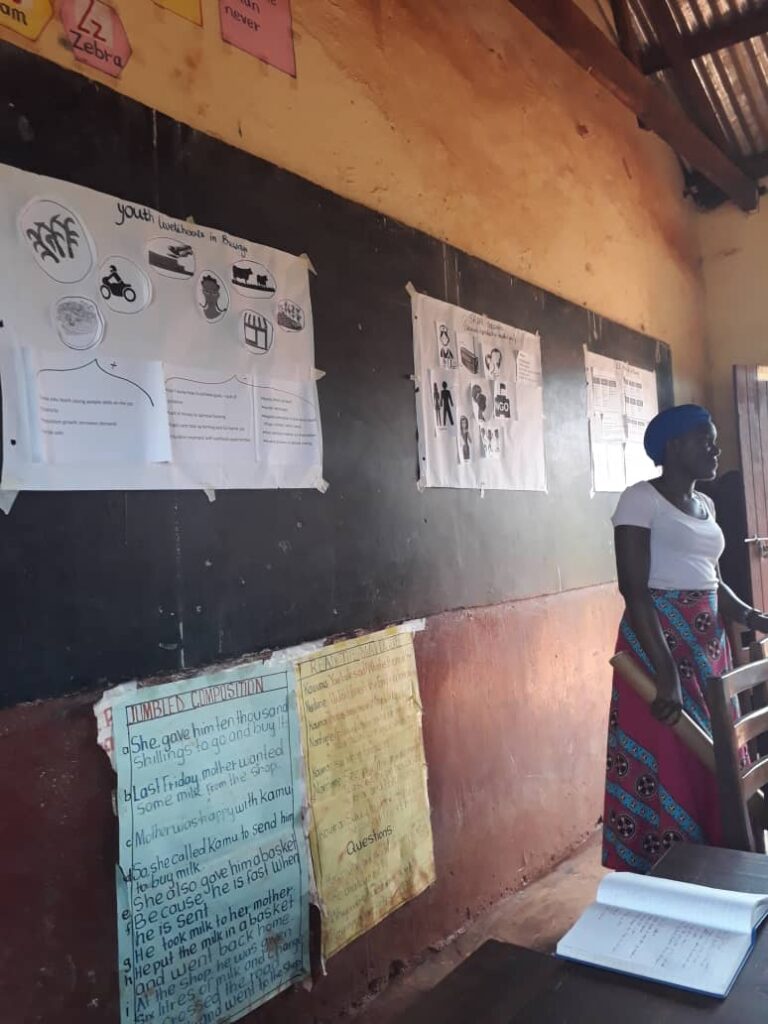Three stories we did not tell about NGO-Community Collaboration in Uganda

Marit Blaak, Sophia Irepu, Jacques Zeelen write about their recently published work in ARJ …
“Our research took us to a village in central eastern Uganda. We identified a staggering 18 NGOs in one village and people shared a variety of perceptions about their work, largely marked by disillusionment. As part of this special issue on transforming the poverty field, we explored different frames to tell the story, ultimately searching for one that helps cross boundaries between those living in poverty and those aiming to help those living in poverty (NGOs). Here are the options we considered and why we chose our current storyline:
- “NGOs’ Struggle with Community Learning”: This storyline could have delved into criticisms of NGOs’ struggles in facilitating participatory learning, but we found that misunderstandings and local coordination issues also contributed to collaboration gaps, pointing towards bigger challenges in the configuration of the development field.
- “Recipe for Successful NGO-Community Learning”: Based on our experience, we could have detailed a list a set of do’s and don’ts for collective learning, but we felt this frame set unrealistic expectations. Constraints like limited site visits and conflicting expectations pose limitations. And yet, imperfect journeys can also yield value, so we chose to reframe success.
- “Radically rethinking NGOs’ Role in Community-Led Development”: During the research, a local leader initiated a community-NGO coordinating committee. So, this could have been a story of community-led development initiatives and the role of NGOs in strengthening such efforts. But we recognized that changing NGOs’ entrenched position takes time, and rather than speaking of ideal configurations of the field, we chose to offer insights to act within the current realities.
- “Transforming Collaboration: NGOs and Communities”: Our chosen frame reflects the realities of community-NGO collaboration, emphasizing the value of collective learning in imperfect scenarios. We empathize with both communities and practitioners/researchers striving for meaningful participation, aiming to contribute conceptually to collective learning evaluation.
We invite you to explore our article for insights into NGO-community collaboration’s dynamic world, and let us know your preferred storyline based on your experiences.
This article is part of the 2024 special issue on transforming the poverty field. The citation and link:
Blaak, M., Irepu, S., & Zeelen, J. (2024). Transforming collaboration between communities and non-governmental organisations: Reflections on learning spaces in Central-Eastern Uganda. Action Research, 22(1), 51-68. https://doi.org/10.1177/14767503231202627
- Appreciating and inquiring with refugees. - April 29, 2024
- Three stories we did not tell about NGO-Community Collaboration in Uganda - April 18, 2024
- Podcast on PAR Peacebuilding in Colombia - April 15, 2024

